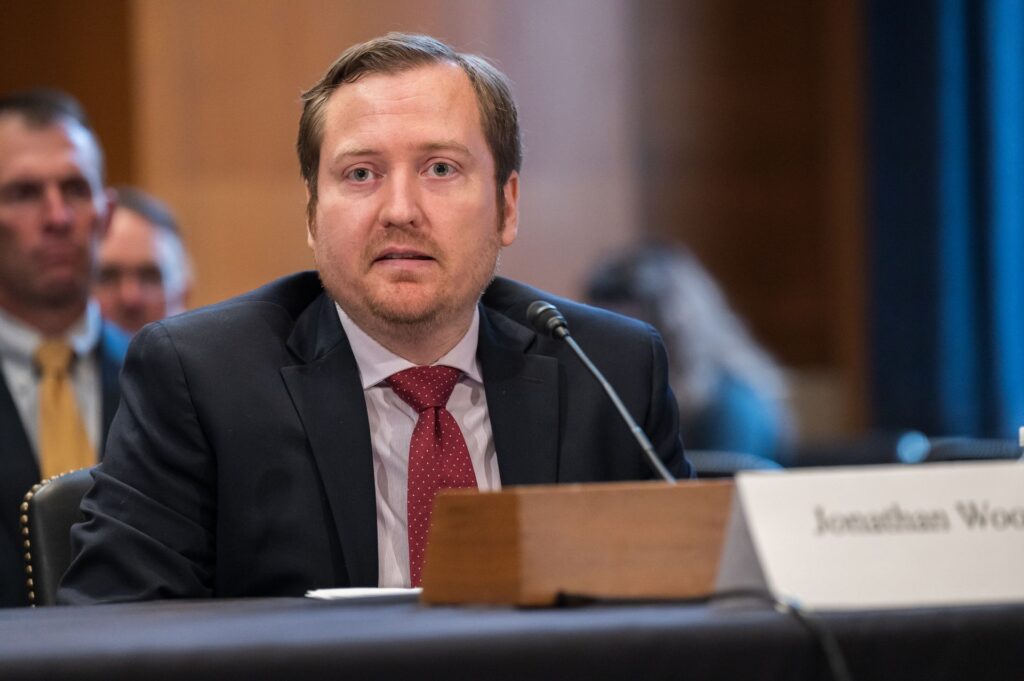Prepared statement before the U.S. Senate Committee on Environment and Public Works hearing on the “Recovering America’s Wildlife Act.”
Main points
- Successful wildlife conservation depends on respecting property rights and making species an asset rather than a liability to private landowners.
- State conservation programs can tap the benefits of federalism while avoiding the conflict that frequently arises under federal programs.
- The Endangered Species Act could be better implemented to encourage effective and innovative state conservation by restoring Congress’ original design for the regulation of threatened species.
- To be sustainable, conservation funding should reflect the wide variety of interests that value wildlife, rather than relying too much on a single source.
Introduction
Thank you Chairman Carper and Ranking Member Capito for the invitation to participate in this committee’s consideration of the Recovering America’s Wildlife Act (RAWA). RAWA calls for significant federal investment in state conservation initiatives to recover endangered and threatened species and to conserve other wildlife species before they trigger listing under the Endangered Species Act. These are admirable goals, and I appreciate the opportunity to discuss how we can best pursue them.
It is important to understand RAWA in the broader context of federal and state conservation policies and what we’ve learned from the results of those policies. Today, I will focus on four principles that should be front of mind as this committee considers this legislation and the future of wildlife conservation. First, successful conservation begins by respecting private property rights and making wildlife an asset to private landowners rather than a liability to be avoided. Second, pursuing conservation through states can encourage innovation and accountability while avoiding the conflict that too often arises under federal policy. Third, Endangered Species Act policies may frustrate RAWA’s goal of encouraging effective state conservation programs. For example, Congress should consider how the Fish and Wildlife Service has undermined one of the Endangered Species Act’s key incentives for state conservation by issuing a rule that purports to overrule Congress’ decision to distinguish regulation of endangered and threatened species. This rule, which was recently repealed but the agency has expressed its intent to readopt, exacerbates conflict, eliminates a key incentive for recovery efforts, and undermines state conservation. And, finally, sustainable conservation depends on broadening funding sources beyond hunters and anglers to better reflect the wide variety of interests that value wildlife.
[button title=”Read PERC’s full testimony” link=”https://www.perc.org/wp-content/uploads/2021/12/Jonathan-Wood-Written-Testimony-EPW-Hearing.pdf”]




